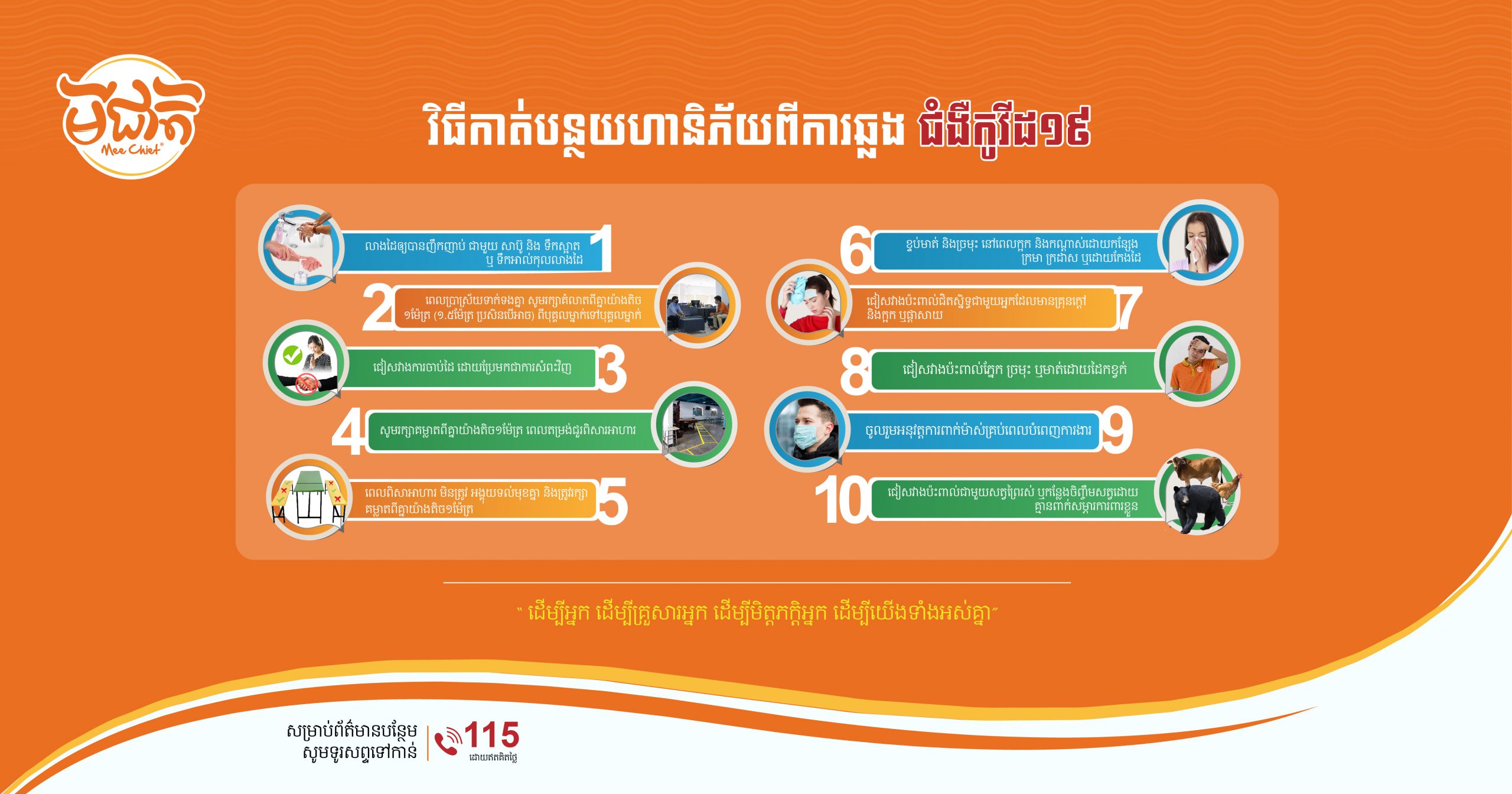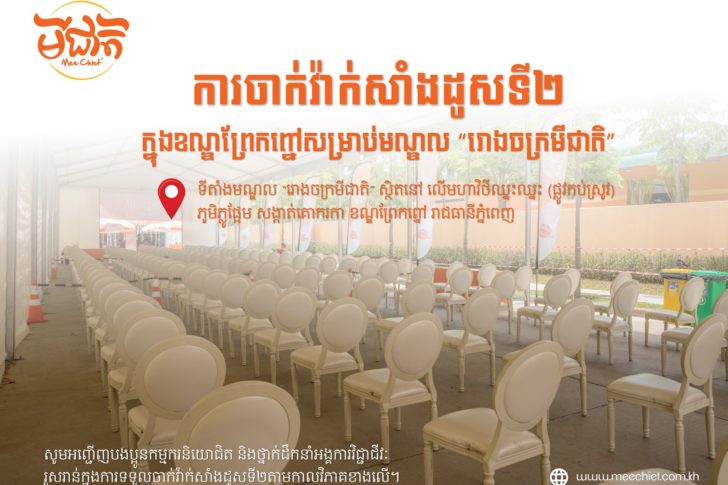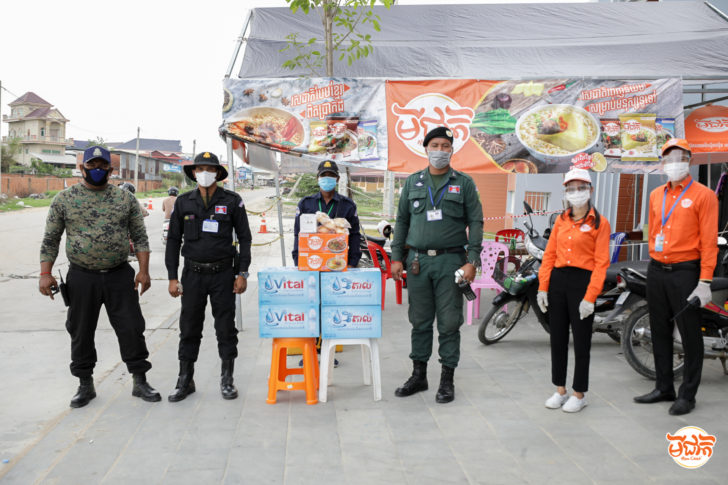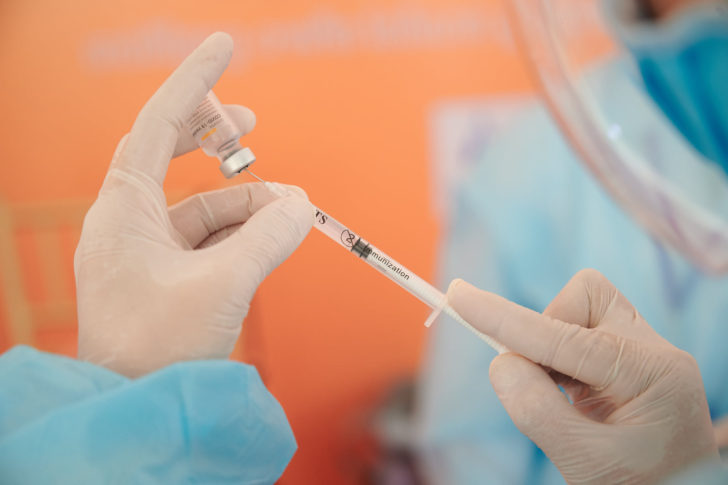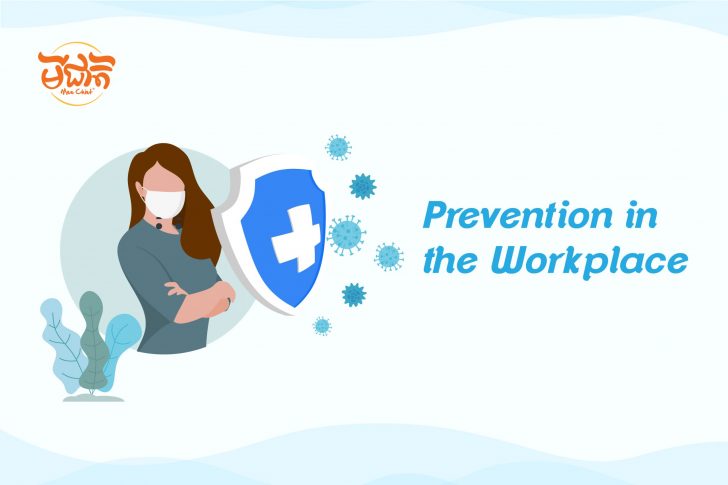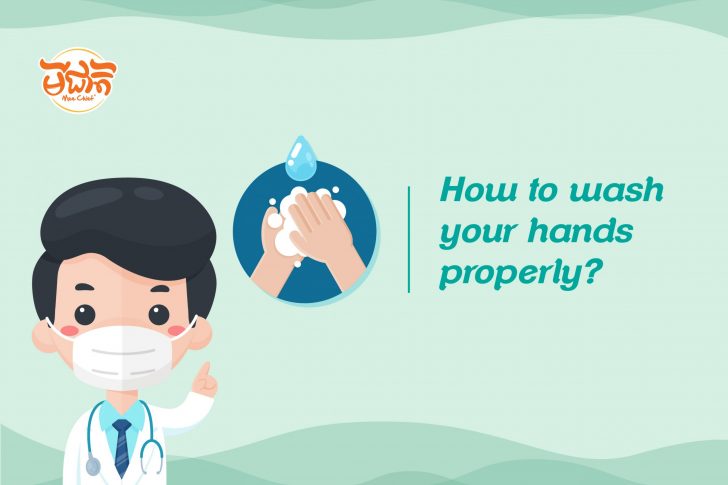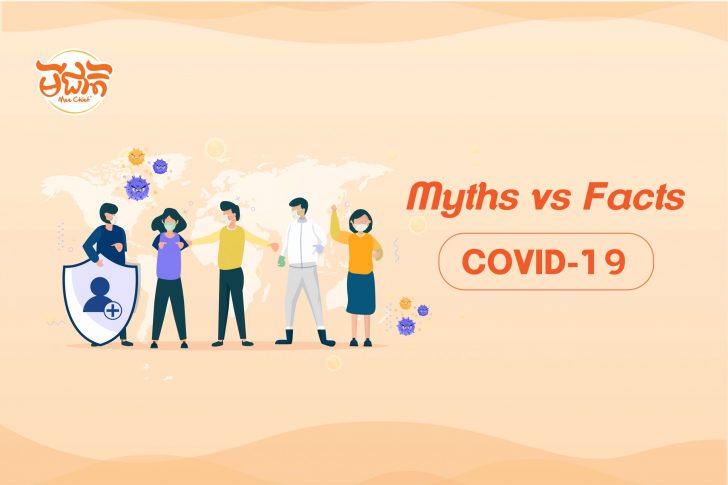Coronavirus (COVID-19): What You Need to Know
Everyone is interested in, talking about, and curious about this matter. It is neither an individual problem nor a matter of one or two countries. But it is the global issue for the present. As result, some countries are imposed lock-down, some are restricted on citizen’s travel, and others are declared in emergency state.
It is world’s critical period occurred in early 2020 by the new coronavirus or COVID-19. What is COVID-19? It is the infectious disease caused by the most recently discovered coronavirus. This new virus and disease were unknown before the outbreak began in Wuhan, China, by December 2019.
Up to 26 March 2020, there are 197 countries and territories around the world and 1 international conveyance (the Diamond Princess cruise ship harbored in Yokohama, Japan) confronting the contagion of COVID-19, resulted 416,686 cases around the world and 18,589 deaths, according to website of World Health Organization.
COVID-19 firstly spread in Wuhan, China and was reported to the WHO country office in China on 31 December 2019. The outbreak was declared a Public Health Emergency of International Concern on 30 January 2020.
COVID-19 leads from people with mild symptoms to people being severely ill and dying. The symptom typically causes flu-like symptoms including fever, dry cough and shortness of breath. For some patients; particularly the elderly and others with other chronic health conditions, these symptoms can develop into pneumonia, with chest tightness, chest pain, and shortness of breath.
The virus is typically spread during close contact and via respiratory droplets produced when people cough or sneeze. Respiratory droplets may be produced during breathing but it is not considered airborne. These droplets are too heavy to travel far in the air, they only travel approximately one meter and quickly settle on surfaces. This is the reason person to person spread is happening mainly between close contact.
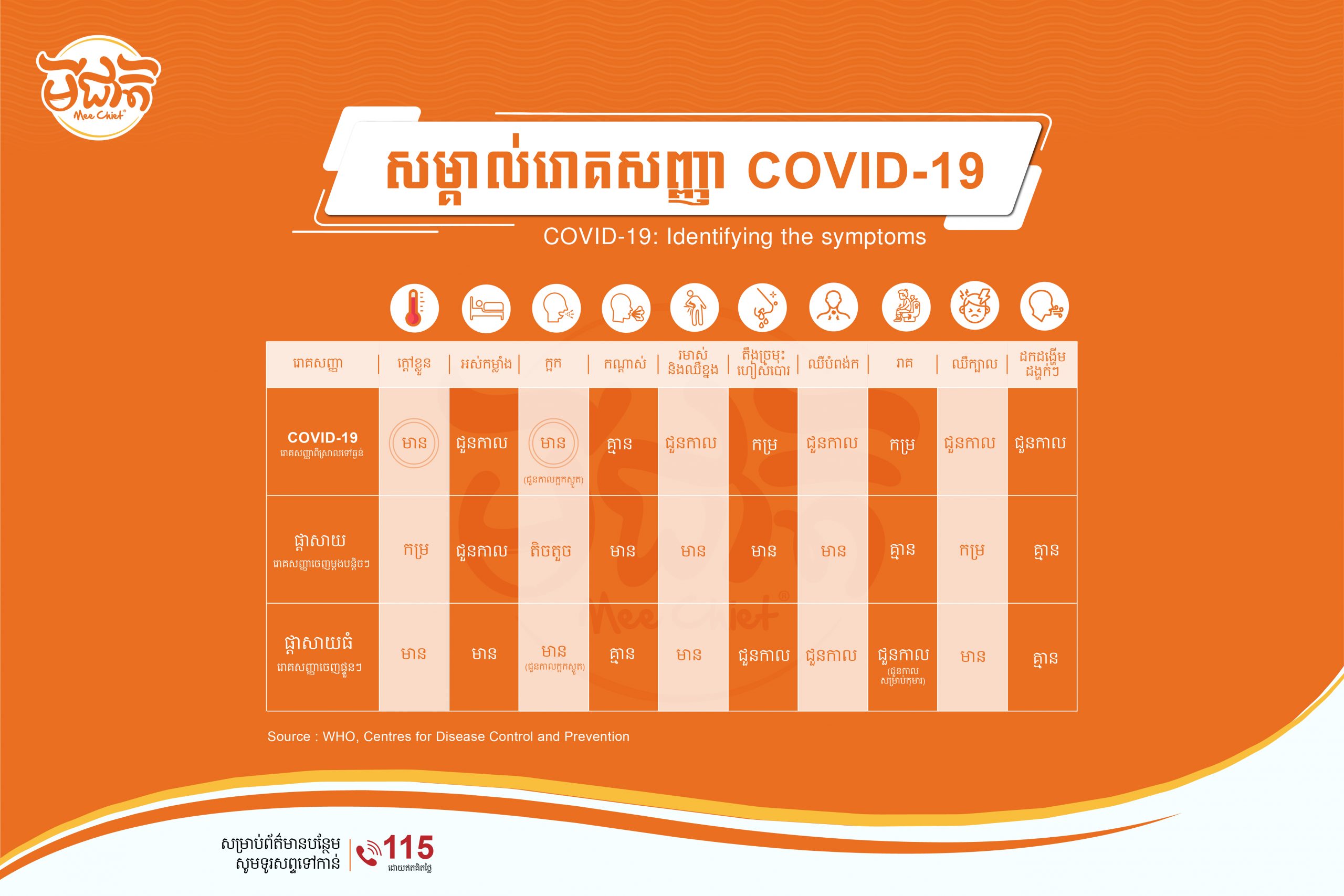
To prevent the pandemic of the COVID-19, WHO recommend these following:
- Avoid close contact with people who are sick
- Cover your cough or sneeze with a tissue, the throw the tissue in the trash
- Avoid touching your eyes, nose, and mouth
- Clean and disinfect frequently touched objects and surfaces
- Stay home when you are sick except to get medical care
- Wash your hands often with soap and water for at least 20 seconds
“COVID-19 can make some people a little sick with a slight runny nose. Other people get sick and can have difficulty breathing and develop pneumonia. Some people get very sick and need to be hospitalized. Among those, unfortunately some have died,” according to WHO’s expert.
“If you have fever, cough and difficulty breathing, seek medical care early, and share information about any recent travels with your health care provider. If you just have mild respiratory symptoms and no specific travel history, carefully follow the precaution, and make sure you stay home until recovery,” according to WHO’s expert.
Source: https://www.who.int/emergencies/diseases/novel-coronavirus-2019

